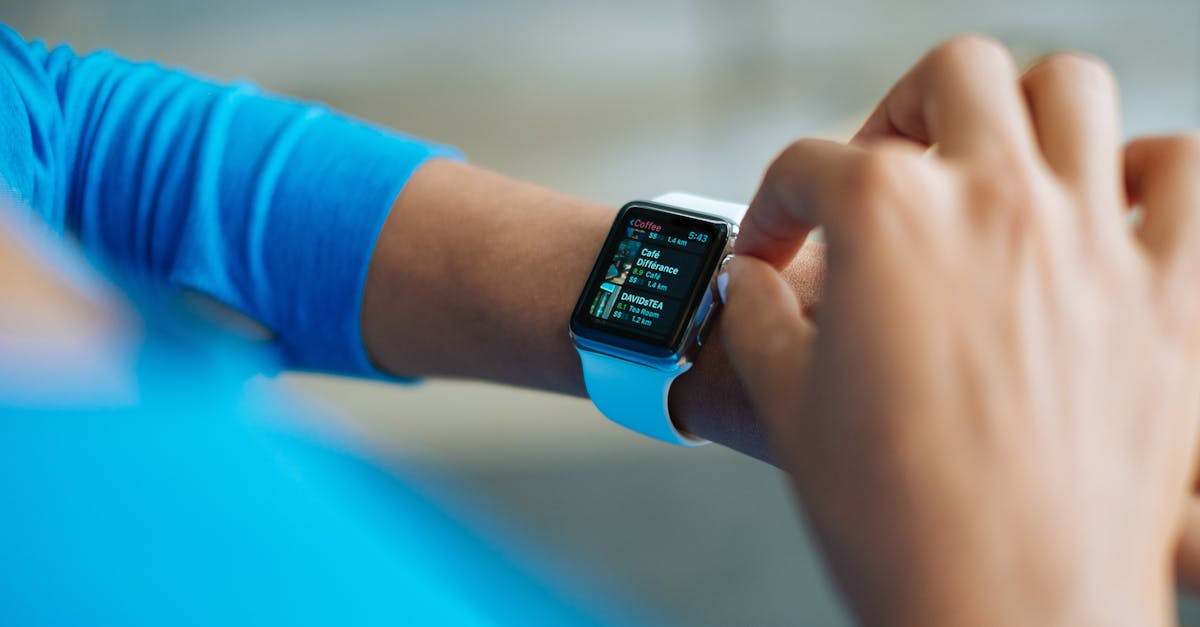Intermittent fasting (IF) is a popular method to manage weight, improve metabolism, and simplify eating routines. Instead of focusing on what you eat, intermittent fasting is all about when you eat. Many people rave on about its benefits, but it’s important to understand how intermittent fasting works, potential risks, and whether it suits your lifestyle before you try it yourself.
What Is Intermittent Fasting?
Intermittent fasting involves cycling between periods of eating and fasting. Unlike traditional diets, IF doesn’t dictate what you eat but when you eat. The simplest method is the 16:8 plan, where you fast for 16 hours and eat during an eight-hour window. Then there's alternate-day fasting, which restricts calories every other day. The flexibility of IF is what makes it appealing to people seeking structure without rigid food restrictions.
Potential Health Benefits
Intermittent fasting (IF) may offer health benefits. Many people do it to promote weight loss by reducing calorie intake and improving insulin sensitivity. Some studies also link IF to reduced inflammation, improved heart health, and better blood sugar control. Also, fasting periods can trigger cellular repair processes, adding to its long-term health benefits.
Not A One-Size-Fits-All Approach
Intermittent fasting may be popular, but it isn’t for everyone. People with diabetes, low blood pressure, or eating disorders, should talk to a healthcare provider before starting IF. Pregnant or breastfeeding women and those with a history of disordered eating are advised to avoid fasting, as it can mess up important nutrient intake or worsen health conditions.
Common Fasting Methods
There are a few different approaches to intermittent fasting that allow people to choose a schedule that fits their routine. As mentioned above, the 16:8 method involves fasting for 16 hours and eating during an eight-hour window daily. The 5:2 method greatly reduces calorie intake on two non-consecutive days per week. Some people also practice 24-hour fasts once or twice a week. Start gradually and see how your body responds.
Understanding Hunger And Side Effects
In the initial stages of intermittent fasting, it’s normal to experience hunger, irritability, or low energy, especially during fasting windows. Stay hydrated, consume nutrient-dense meals during eating periods, and make sure you get enough sleep to ease the transition. With time, many people report higher energy levels and reduced hunger as their bodies get used to the new eating pattern.
What To Eat During Eating Windows
Intermittent fasting is about meal timing, but quality still matters. Eat whole foods, lean proteins, healthy fats, and plenty of fruits and vegetables during eating windows. Processed foods, sugary snacks, and extra calories all undermine the benefits of fasting. Balanced, nutritious meals help support metabolism and provide the energy needed during fasting hours.
Exercise And Intermittent Fasting
Many people are able to combine IF with exercise, but you must listen to your body. Some like to exercise during eating windows for optimal performance and recovery. Light activities like walking or stretching are pretty safe during fasting, but intense workouts may lead to fatigue or low blood sugar. Gradually experimenting will help you figure out what works best for you.
Tracking Progress And Staying Flexible
You must monitor the way your body responds to intermittent fasting. Track energy levels, sleep quality, and any changes in your hunger levels or mood. Flexibility is key. If a specific fasting method doesn’t suit your lifestyle or causes discomfort, you can always adjust. Consistency matters, but you don’t have to be super strict to be successful with IF.
From Decision To Action
Intermittent fasting is a flexible, time-based approach to eating that can support weight management and general health. Just remember that it isn’t suitable for everyone. Knowing the different methods, benefits, and challenges of intermittent fasting will give you the tools to make an informed decision in line with your fitness and weight-loss goals.
You May Also Like:
The Best Supplements For Gym Newbies
The Proven Link Between Sleep And Weight Loss









